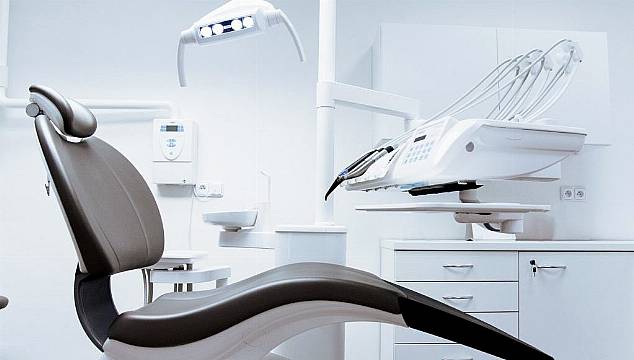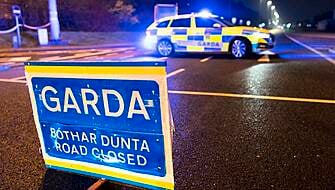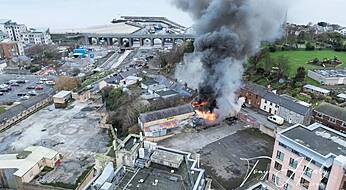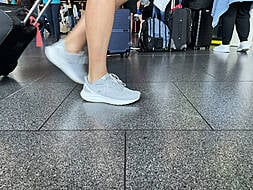A long-established dental and medical practice located near Cork Airport is facing having to relocate to new premises after An Bord Pleanála ruled against granting planning permission retrospectively for a change of use of its building.
The board rejected an appeal by Dr Fionnuala Mills against the decision of Cork City Council to refuse retention permission for the conversion of the premises which houses the Airport Dental and Medical Surgery at Farmers Cross, Ballygarvan, Co Cork.
Retention permission had been sought for the unauthorised conversion of the premises over 40 years ago from a residential dwelling, which is located around 300 metres from the Cork Airport roundabout on the Kinsale Road, as well as the conversion of a garage into a storeroom and office.
In its ruling, An Bord Pleanála noted that the primary zoning objective for the site under the Cork City Development Plan 2022-2028 is to “preserve the character of the area generally for use as agriculture, rural amenity, open space, recreational uses, green and blue infrastructure and to protect and enhance biodiversity.”
The board observed that the objective of the protection of the hinterland is to maintain a clear distinction between urban areas and the countryside in order to prevent urban sprawl.
It claimed that the proposed development did not constitute a “rural related business” within the scope of uses that could be considered for the site.
“It is considered that the development proposed to be retained would constitute disorderly development and urban sprawl,” the board added.
Planners with Cork City Council had claimed that the proposed development was “at odds with the general pattern of development in the area.”
Planning files show consultants for Dr Mills explained that planning permission was granted for a residence on the site in 1978 and she commenced a general medical practice at the property in 1982 at a time when her family home was located in an adjoining property.
They outlined how the practice expanded in 1992 to include a dental surgery which is run by Dr Mills’ son, Eoin, and has over 300 patients, many of whom are elderly and live in the nearby rural hinterland.
The appellant argued the need for the dental and medical practice is established by the longevity of the business which it was claimed was viable and enhanced the sustainability of the local community.
However, they expressed concern that their planning application was only assessed by the local authority on the dental element of the practice.
An Bord Pleanála was informed that the practice employs seven staff and has been in operation for over 42 years and has never been the subject of enforcement proceedings, while no objections had been made by any of its neighbours.
The appellant also claimed that there are no similar practices within a 3-4km radius, while it is accessible by public transport with adequate parking for staff and customers.
Dr Mills rejected the suggestion by council planners that signage that had been in place since 2014 was obtrusive.
She also claimed the zoning of the site conflicts in a major way with the presence of Cork Airport and business parks and should be varied to reflect the fabric of the area.
Dr Mills disagreed that the business was at odds with the general pattern of development in the vicinity of the site.
However, a planning inspector with An Bord Pleanála said the longevity of the unauthorised use of the building was irrelevant as Dr Mills was “not entitled to rely on an established use that is unauthorised irrespective of longevity.”
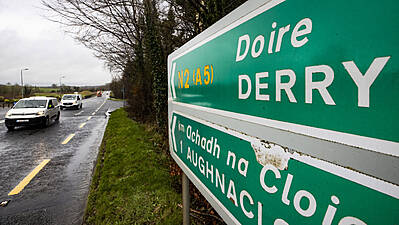
The inspector said it was clear “that the joint medical and dental practice is unauthorised and was not legally established.”
He said the site was a hinterland area and not a neighbourhood as contended by the appellant as visitors could only travel to the surgery by private car or public transport.
The inspector, who recommended that retention permission should be refused, said the principle of the development was not acceptable and represented a material contravention of the Cork City Development Plan.
He added that it was important that non-airport related businesses like the surgery should be resisted in the area because of “the need to safeguard airport operations, control urban sprawl and in the interests of proper planning and development of the area.”
